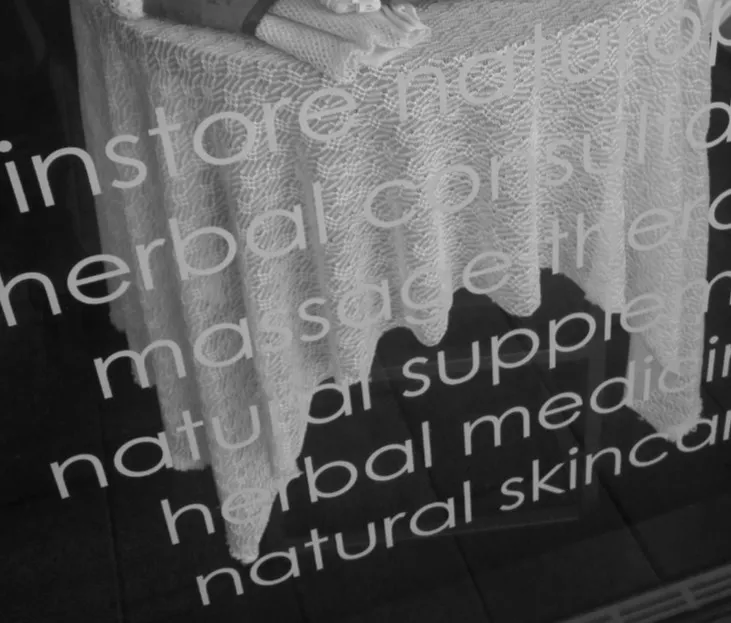New rules for Pharmacists
Mark Hanna - 1st May 2018
The Pharmacy Council has (finally) published their new Code of Ethics 2018.
I’ve written several times on the ongoing saga of the Pharmacy Council’s Code of Ethics. In late 2014 we put together a complaint at the Society for Science Based Healthcare arguing that their Code of Ethics 2011 had been violated by an Auckland pharmacy, in which a salesperson had recommended and sold a homeopathic product to someone who didn’t realise they were buying quackery.
Following this complaint, the Pharmacy Council decided they would not enforce the rule in their Code of Ethics at the time that prohibited pharmacies from purchasing or supplying any health product that was not backed by “credible evidence of efficacy”.
This led to two protracted consultation processes, first about that specific part of the code and then about rewriting the code entirely. I worked on the Society for Science Based Healthcare’s submissions during each consultation period, and we met with the Pharmacy Council twice to discuss the topic.
The consultation processes also saw well-voiced support for strong patient protection rules coming from the New Zealand Medical Council and the Pharmaceutical Society (who represent professional pharmacists). Whereas the Pharmacy Guild (who represent pharmacy owners) was in favour of the more relaxed rules that had been suggested. For more detail on this, you can read my submissions roundup from 2015.
The Code of Ethics 2018 will come into force on the 12th of March 2018. It’s principle-driven, and accompanied by a number of guidelines that go into more detail on what’s expected of pharmacists in various areas. One of these guidelines is the Pharmacy Council Complementary and Alternative Medicines – Statement and Protocol for Pharmacists.
Unlike the Code of Ethics 2011, the new rules don’t prohibit pharmacists from selling quackery. While this is unfortunate, it’s seemed clear from the outset that the Pharmacy Council had no intention to keep this rule given they aren’t prepared to enforce it. Instead, there has been an increased focus on ensuring patients are given the opportunity to make an informed choice.
I’m feeling cautiously optimistic about the change. Though ideally pharmacists shouldn’t be lending their credibility to ineffective health products, if pharmacists must be allowed to sell quackery then I think the next best approach to regulation is to protect patients’ rights to make an informed decision.
On the face of it, I think the new rules seem good. But enforcement has been a concern in the past and parts of the previous code were widely disregarded. Come the 12th of March, I plan to have a look for pharmacists who aren’t complying with the new rules and lodge complaints to see how they are treated, and if the behaviour is corrected. Unfortunately, there are a few pharmacies in New Zealand that have a history of promoting quackery, including by selling ineffective health products online, which seems like a good place to start.

I’d recommend you read the rules for yourself if you’re interested, but here’s my summary of what I think are the most important new patient protection rules regarding informed consent:
[Principle 1H: A pharmacist] Before recommending, supplying or promoting a medicine, complementary and/or alternative medicine or other healthcare product or service, considers available evidence, and only supplies a product when satisfied that it is appropriate, and the person understands how to use it correctly and safely.
[Principle 4C: A pharmacist] Provides accurate, truthful, relevant, and independent information in an appropriate form that is not misleading to patients, the public and/or other healthcare professionals.
[Principle 4H: A pharmacist] Ensures that when providing any medicine, complementary and alternative medicine, or other healthcare product or service, that the health and well-being of the patient or consumer is the primary consideration, and that the benefit of use outweighs the risk.
[Principle 4I: A pharmacist] Does not engage in advertising, promotion or supply of goods or services that could include misleading or unsubstantiated claims, and/ or undermine public trust in the profession.
[Principle 6A: A pharmacist] Maintains contemporary knowledge of evidence-based practice.
Where it makes sense, all of these principles are effectively extended to non-pharmacist salespeople who work in pharmacies via Principle 5G:
[A pharmacist] Is responsible for actions of staff under their supervision.
Looking at the associated guideline on “complementary and alternative medicines”, the requirements in parts 14 and 15 seem like they will be particularly important for protecting patients from quackery in pharmacies:
- When supplying products or information about treatments/products/services that have no current evidence of proven efficacy pharmacists are expected to:
a. ensure that patients are informed about the degree to which treatments or products have been evaluated, and
b. the degree of certainty and predictability that exists about their efficacy and safety
- Pharmacists must advise patients when scientific support for treatment is lacking.
Part 18 of the guidelines also includes the following requirements:
e. provide sufficient information regarding the CM/NHP [Complementary Medicine/Natural Health Product] to allow patients to make informed choices
f. not misrepresent information or opinion. Patients must be made aware of the likely effectiveness of a given therapy according to recognised peer-reviewed medical publications, in spite of your personal beliefs
g. provide the patient with a timeframe for accessing conventional medicine if their condition is unresolved or there is no improvement
Time will tell if these rules really do enhance patient protection in the pharmacy industry, which has a long-standing problem with promoting quackery on the side.
From the 12th of March onwards, if you see behaviour that you think is non-compliant with the code feel free to let me know about it. I can be contacted via email at mark@honestuniverse.com.